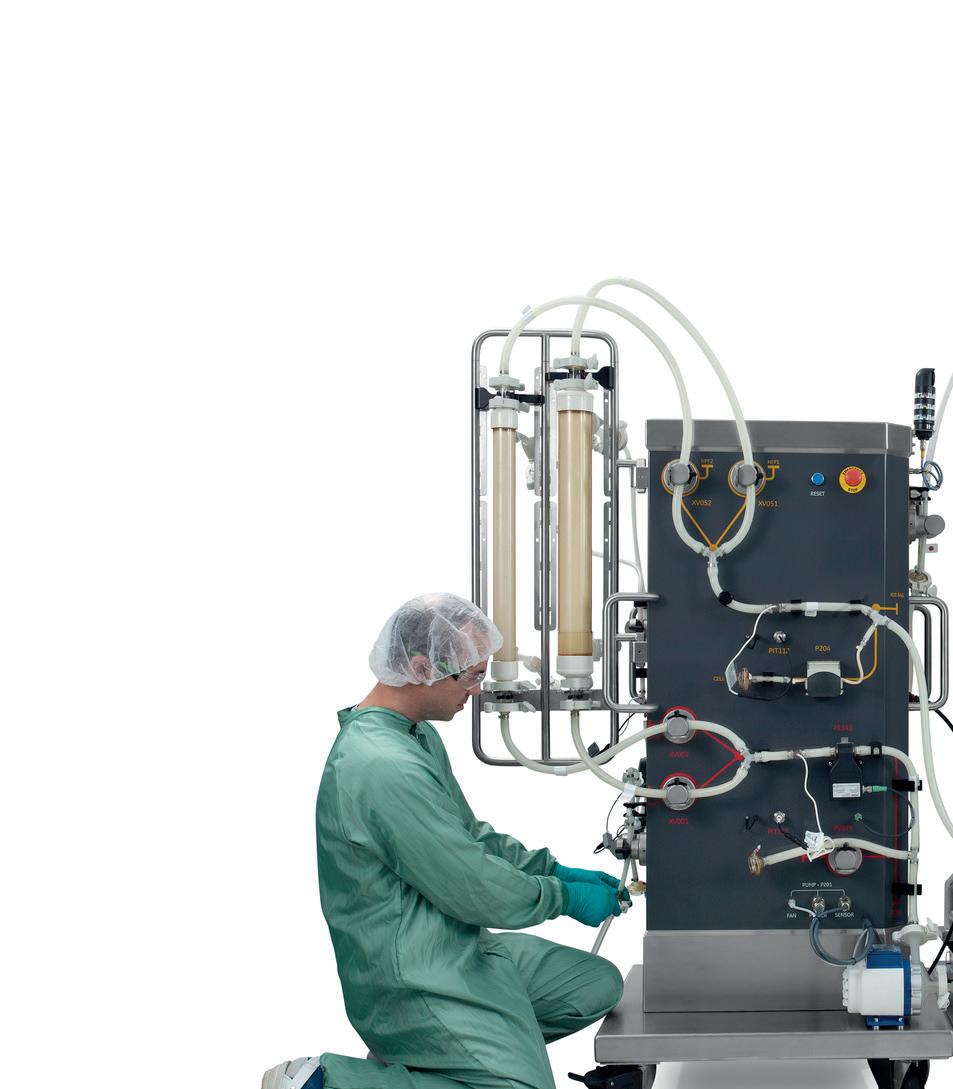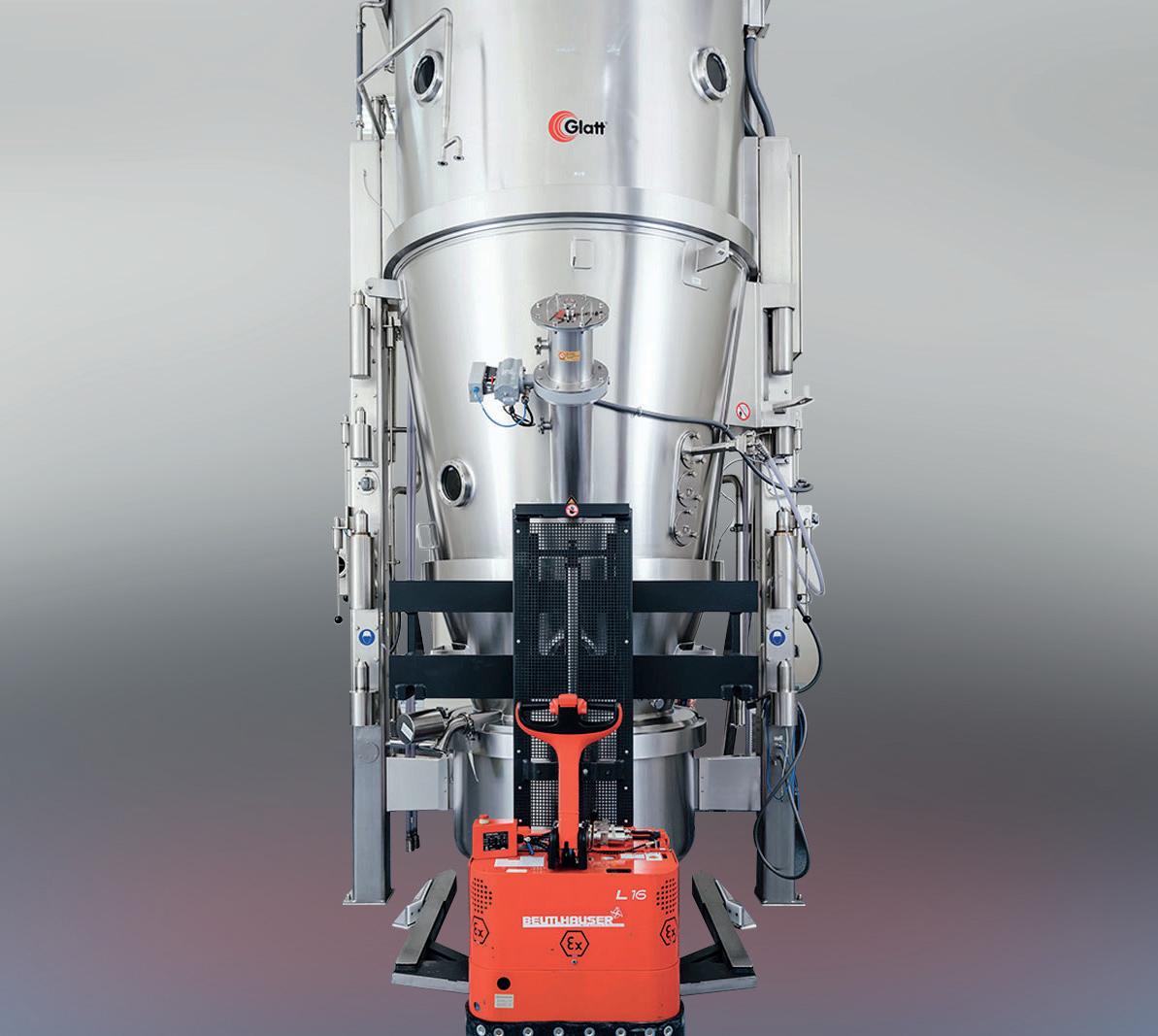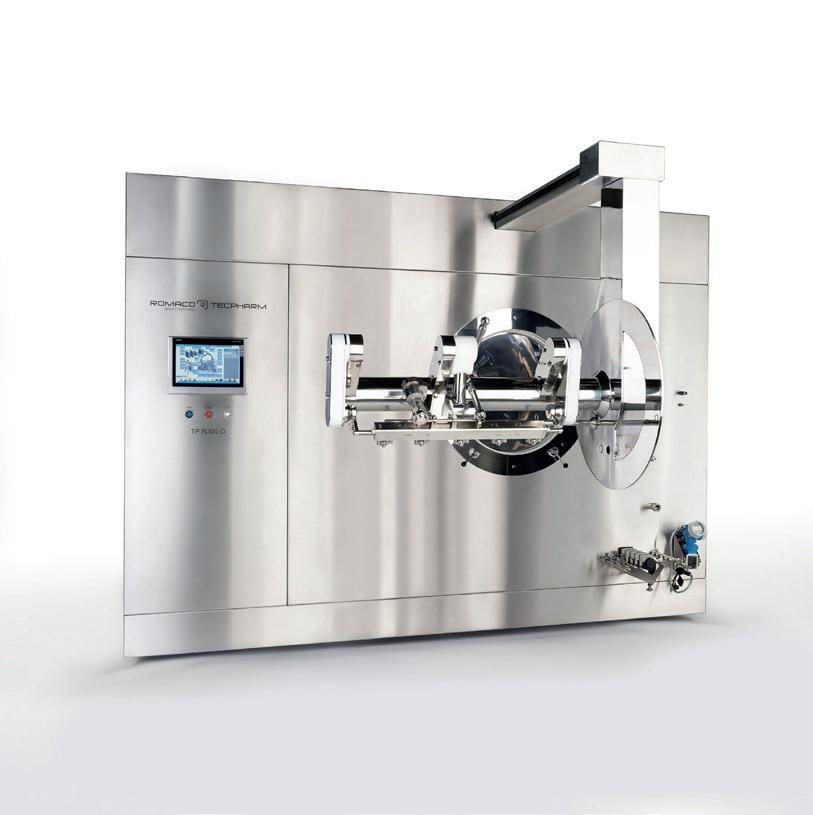
1 minute read
EDITOR’S DESK
from EPM July/August 23
by EPM Magazine
JAI MCINTOSH
Amongst the almost constant floundering, Hancock went on to attempt to defend the government’s handling of COVID-19 and the subsequent fallout across the medical and pharmaceutical supply chain, in large part due to the mishandling of Brexit, stating that “when it comes to the question of the overall impact of Brexit, absolutely the paperwork is very clear that some of the preparation work was stopped, and a small number of people would move off that work. On the other hand, we were better prepared in terms of supply chains.” Evidently, an understanding of the medical and pharma supply chains was considered enough to move certain individuals over to aid in Brexit planning. Clearly this failed to work, and the industry itself is still working through multiple supply chain issues that Hancock helped create.
The grey cloud that is Matt Hancock was eventually replaced by the optimistic rays of sunlight that is Donanemab, a potentially game-changing drug in the dementia fight created by Eli Lilly. The study, first reported in JAMA, highlighted that the drug has shown significant abilities in slowing the pace of cognitive decline by up to a third, a hugely significant step. It is worth mentioning at this point that the drug itself is not a cure, only working on Alzheimer’s disease not other dementia types. However, global health outlets and charities have hailed this is a landmark moment, with the UK’s drug watchdogs sounding out the new drug for potential use throughout the NHS.
Recently, aducanumab, another antibody Alzheimer’s drug, was rejected by European regulators due to lack of effective evidence and patient safety concerns. The hope this time is that donanemab sails through the required regulatory tests and is approved to provide those in need with quality, trusted support.
As the world of pharma continues to develop and innovate, so do we. There is plenty to do, so let’s get started. I hope you enjoy the issue.










